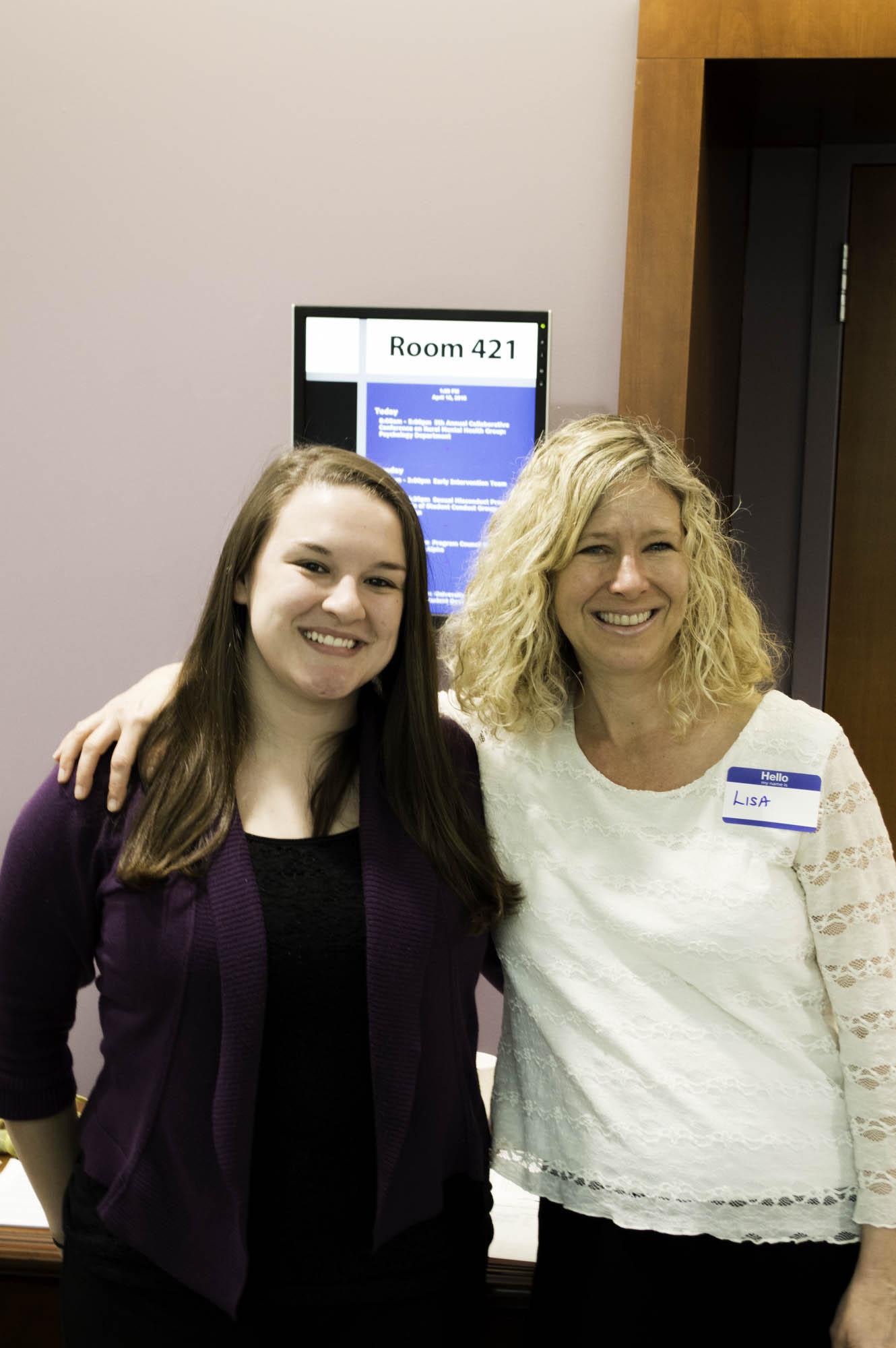
Faculty members in the Appalachian State University Department of Psychology have been conducting studies of mental health in rural areas, which are known for having fewer resources available for those who may be suffering from mental illnesses.
J.P. Jameson, psychology professor, said this is a multi-faceted issue that must be approached from many different angles. Research shows distinct differences between urban and rural areas concerning mental health issues.
“A lot of what we do is look at rural urban differences to try to understand what is it about rural areas that makes mental health and psychological treatments different,” Jameson said.
Jameson said much of the rural urban differences involve treatment itself, not the illnesses treated.
“The classic model of treatment access involves availability, accessibility and acceptability,” Jameson said. “In all three of these areas, we have issues.”
Jameson expressed that rural areas generally have more problems with these three areas, “especially with availability and acceptability”.
Availability deals with whether or not the services exist in the area.
“The answer is largely no,” Jameson said. “There are shortages of mental health providers, not just psychologists [in rural areas].”
Accessibility involves whether or not the people in the rural areas can access the services that exist in their area. Jameson said rural inhabitants could be inhibited from receiving care by things such as inability to pay for the services, or the inability to transport themselves to location of the service provider.
Acceptability describes the likelihood of a person accepting the available treatment.
“Acceptability, the third variable, is whether or not people feel like it’s going to help them, that they’re comfortable using it and that they won’t feel stigmatized,” Jameson said. “If given the opportunity, would they accept the services in their area?”
Jameson said the solutions proposed for these issues are mainly model programs.
“Mental health has been set up the same way since the early 60s,” he said. “I think it needs to be a little more flexible and more proactive.”
Lisa Curtin, another professor in the department, said psychologists need to be widely trained in rural areas to make up for lack of availability.
“It’s important to be a generalist, which means you need to be broadly trained and able to deliver services to a wide array of presented problems,” Curtin said. “Oftentimes, somebody who is a psychologist or any type of mental health provider in a rural area is one of the only ones providing services there.”
Consequently, training and services are taken on with a more general approach, though the practitioners may have a specialized skill.
While a majority of the discussions on mental health in rural areas focus on treatment itself, Curtin said the rural area has some affect on whether or not a person may need treatment for their illness.
“The nature of being in a rural area doesn’t provide as much access to a variety of things, including other people,” Curtin said. “That being said, a lot of rural communities are very tight-knit and very supportive of each other, so there is some strength to living in isolation as well.”
Curtin also mentioned how a university such as Appalachian that is set in a rural area poses an interesting case. While the university will most likely have a counseling center or other services, outside of the university, the students are offered the same amount of services as the inhabitants of the rural surroundings.
“Students have access to services, and many students do seek those services,” Curtin said. “But, let’s say somebody is suffering from more significant symptoms, access to more intensive and specialized services are limited in this area.”
Story: Josh Wharton, Intern News Reporter
Photo: Jordan Kimbrell, Photographer
